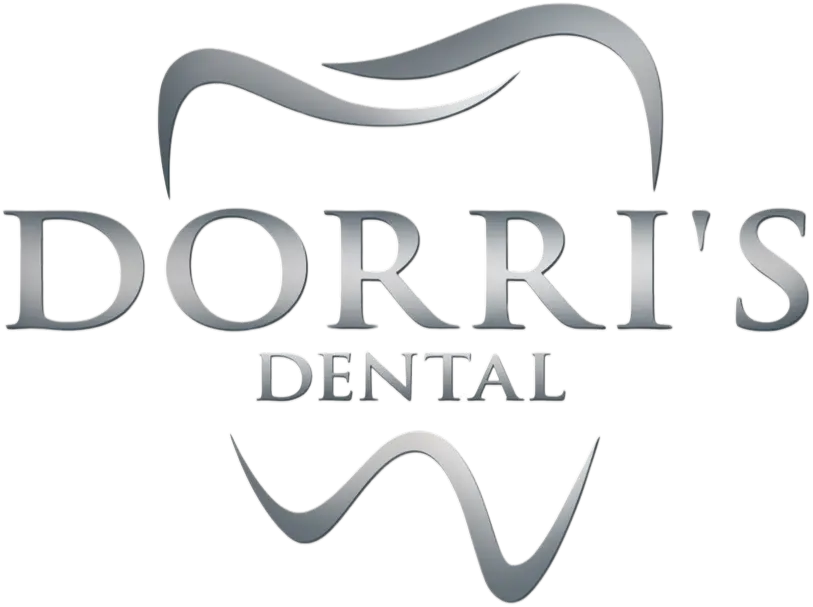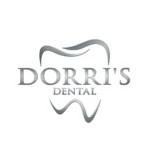The Role of X-rays in Detecting Dental Problems in Boynton Beach
Ever wonder how dentists can see what’s going on beneath the surface of your teeth?
It’s not magic, it’s X-rays!
These amazing tools play a crucial role in detecting dental problems that might not be visible to the naked eye during a regular check-up.
In Boynton Beach, understanding the importance of dental X-rays can help you maintain a healthy and happy smile.
Why are Dental X-rays Important?
Dental X-rays, also known as radiographs, are essential for:
- Detecting cavities between teeth
- Identifying bone loss due to gum disease
- Examining the roots of teeth
- Checking the development of wisdom teeth
- Locating cysts, tumors, or abscesses
Types of Dental X-rays
There are several types of dental X-rays, each providing a different view of your mouth.
Here’s a quick overview:
- Bitewing X-rays: These show the crowns of your upper and lower teeth, primarily used to detect cavities between teeth.
- Periapical X-rays: These show the entire tooth, from crown to root, and the surrounding bone.
- Panoramic X-rays: These provide a broad view of your entire mouth, including the teeth, jaw, and sinuses.
- Cone-Beam Computed Tomography (CBCT): This is a 3D imaging technique used for complex cases such as dental implants or impacted teeth.

Bitewing X-rays Explained
Bitewing X-rays are often taken during routine dental check-ups.
They are excellent for detecting cavities that may be hidden between your teeth.
Periapical X-rays Explained
Periapical X-rays offer a detailed view of the entire tooth structure, making them ideal for diagnosing issues like abscesses or root problems.
Panoramic X-rays Explained
Panoramic X-rays are useful for assessing the overall health of your mouth, including the jawbone, sinuses, and the position of wisdom teeth.
Dorris Dental at 12658 S Military Trl Suite 104, Boynton Beach, FL 33436, uses advanced technology to ensure accurate and safe panoramic imaging.
Benefits of Digital X-rays at Dorris Dental
We utilize digital X-rays, which offer numerous advantages over traditional film X-rays:
- Reduced radiation exposure
- Faster image processing
- Enhanced image quality
- Environmentally friendly (no chemicals needed)
- Easy storage and sharing of images
Comparing Traditional vs. Digital X-rays
Let’s break down the differences in a table:
| Feature | Traditional X-rays | Digital X-rays |
|---|---|---|
| Radiation Exposure | Higher | Lower |
| Image Processing Time | Slower | Faster |
| Image Quality | Lower Resolution | Higher Resolution |
| Environmental Impact | Chemical Waste | Environmentally Friendly |
| Storage | Physical Film | Digital Files |
Are Dental X-rays Safe?
Dental X-rays are considered safe.
We take precautions to minimize radiation exposure, such as using lead aprons and thyroid collars.
The benefits of detecting potential dental problems far outweigh the minimal risks associated with radiation exposure.
We follow all safety protocols and guidelines to ensure your well-being.
Considering your options?
We can help!
Call us at 561-677-9080 or book a consultation to get started.
What to Expect During a Dental X-ray Appointment
Here’s what to expect during your dental X-ray appointment at Dorris Dental:
- We will explain the procedure and answer any questions you may have.
- You will wear a lead apron to protect your body from radiation.
- The X-ray sensor or film will be positioned in your mouth.
- You will be asked to remain still while the X-ray is taken.
- The images will be reviewed by our dental team to identify any potential problems.

We may discuss dental sealants and fillings as a way to prevent cavities.
We may suggest tooth extraction if your wisdom teeth are causing you problems.
We can also help if you need emergency dental work
Our team includes Dr. Brenda Schobert, Dr. Khalid Aldorri, and Dr. Safa Alathari who are dedicated to giving you a great experience.
Are X-rays necessary at every dental visit?
Not necessarily.
The frequency of dental X-rays depends on your individual needs and risk factors.
Our dental team will assess your oral health and determine the appropriate schedule for X-rays.
For example, children and teenagers may need X-rays more often than adults due to their developing teeth.
How much radiation am I exposed to during dental X-rays?
The radiation exposure from dental X-rays is very low.
Digital X-rays significantly reduce radiation compared to traditional film X-rays.
We take every precaution to minimize your exposure while still obtaining the necessary diagnostic information.
Can I refuse dental X-rays?
You have the right to refuse any dental treatment, including X-rays.
However, it’s important to understand that X-rays provide valuable information that helps us diagnose and treat dental problems effectively.
Without X-rays, some issues may go undetected, potentially leading to more serious complications down the road.
We also offer various dental services such as dental implants, teeth whitening, Invisalign, full mouth reconstruction, cosmetic veneers, fillings and sealants, and root canals.
Learn more about dental bridges and options for replacing missing teeth
We also want to educate you on single tooth implants if you are experiencing tooth loss.
Read more about how veneers can help you achieve the smile you have always wanted!
Be sure to be aware of any complications that might come along with wisdom teeth removal
Unsure if braces or aligners are for you? Read more to learn the difference.
Understanding dental X-ray safety is important for all patients!
In conclusion, the role of X-rays in detecting dental problems in Boynton Beach is undeniable.
By utilizing this technology, Dorris Dental can provide comprehensive and accurate diagnoses, ensuring that you receive the best possible dental care.
Regular dental exams and X-rays are vital for maintaining optimal oral health and preventing potential issues from becoming more serious.





